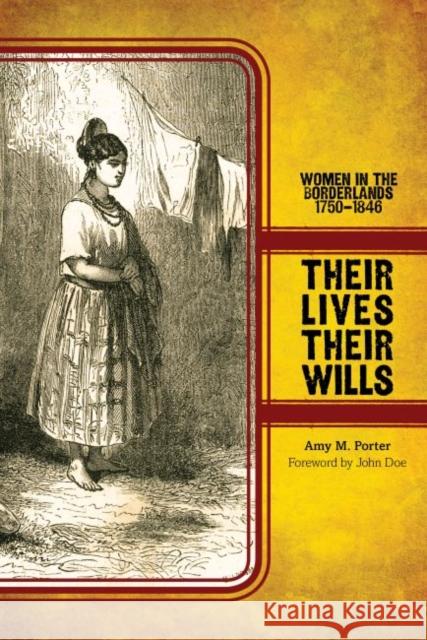Their Lives, Their Wills: Women in the Borderlands, 1750-1846 » książka
Their Lives, Their Wills: Women in the Borderlands, 1750-1846
ISBN-13: 9780896729322 / Angielski / Miękka / 2015 / 256 str.
In 1815, in the Spanish settlement of San Antonio de Bexar, a dying widow named Maria Concepcion de Estrada recorded her last will and testament. Estrada used her will to record her debts and credits, specify her property, leave her belongings to her children, make requests for her funeral arrangements, and secure her religious salvation.
Wills like Estrada s reveal much about women s lives in the late Spanish and Mexican colonial communities of Santa Fe, El Paso, San Antonio, Saltillo, and San Esteban de Nueva Tlaxcala in present-day northern Mexico. Using last wills and testaments as main sources, Amy M. Porter explores the ways in which these documents reveal details about religion, family, economics, and material culture. In addition, the wills speak loudly to the difficulties of frontier life, in which widowhood and child mortality were commonplace. Most importantly, information in the wills helps to explain the workings of the patriarchal system of Spanish and Mexican borderland communities, showing that gender role divisions were fluid in some respects. Supplemented by censuses, inventories, court cases, and travelers accounts, women s wills paint a more complete picture of life in the borderlands than the previously male-dominated historiography of the region."











